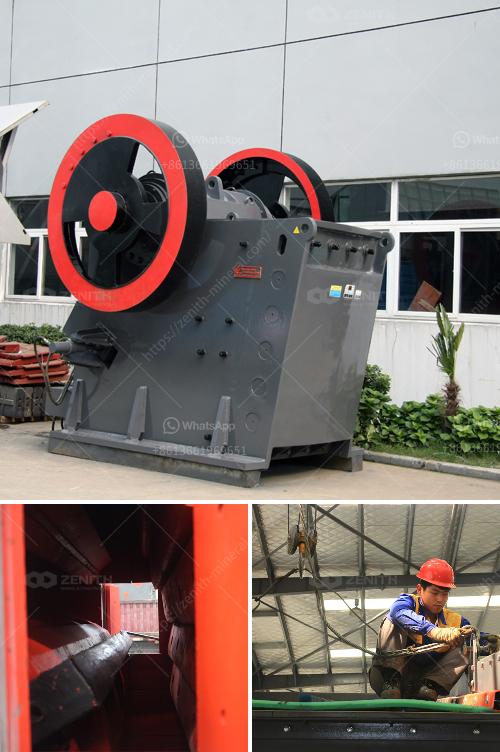Choosing the right jaw crusher model requires careful consideration of several factors to ensure it meets your specific needs. Here are key aspects to consider:
-
Material Type and Hardness:
- Type: Identify the material you need to crush (e.g., granite, limestone, ore).
- Hardness: Consider the hardness of the material, as different jaw crushers are designed to handle varying degrees of hardness.
-
Feed Size and Output Requirements:
- Feed Size: Determine the maximum size of the input material. Choose a crusher that can handle the largest pieces.
- Output Size: Know the desired size of the crushed material. Crushers have adjustable settings for output size.
-
Capacity:
- Assess the required capacity in tons per hour. Ensure the crusher can process the expected volume efficiently.
-
Operating Conditions:
- Consider the environment and working conditions, such as indoor vs. outdoor use, moisture levels, and temperature extremes that the crusher will operate in.
-
Space and Installation Constraints:
- Evaluate the physical space available for the installation and ensure the crusher’s dimensions will fit within these constraints.
-
Mobility Needs:
- Decide whether you need a stationary or mobile jaw crusher based on your project's requirements.
-
Power Supply:
- Ensure that the crusher is compatible with the available power sources and that it meets any energy consumption limits.
-
Ease of Maintenance:
- Look for a model that is easy to maintain, with readily available spare parts and clear instructions for routine maintenance.
-
Budget:
- Balance your budget constraints with the need for a durable and efficient machine. Sometimes higher upfront costs can lead to lower operating costs in the long run.
-
Reputation and Support:
- Choose a reputable manufacturer known for quality products and reliable customer support.
By considering these factors, you can select a jaw crusher model that will efficiently meet your operational needs and provide reliable performance.

